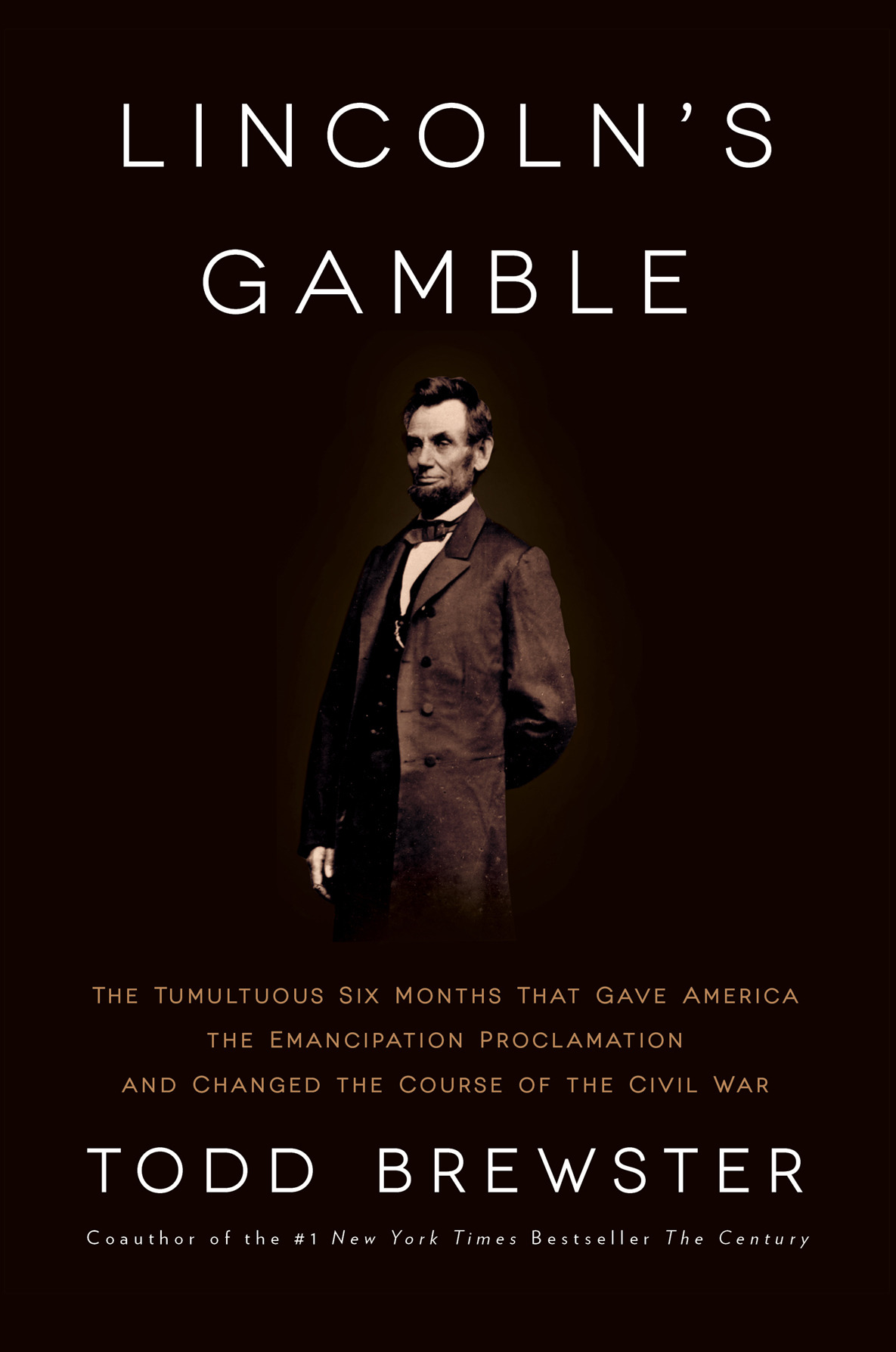
Lincoln's Gamble
The Tumultuous Six Months That Gave America the Emancipation Proclamation and Changed the Course of the Civil War
کتاب های مرتبط
- اطلاعات
- نقد و بررسی
- دیدگاه کاربران
نقد و بررسی

June 30, 2014
The man responsible for ending slavery, Abraham Lincoln, was neither a fiery abolitionist nor was he committed to racial equality. Journalist Brewster (In Search of America with Peter Jennings) zeroes in on the period from July 1862, when the main goal of the Civil War was the restoration of the Union, to January 1863, when the Emancipation Proclamation elevated that goal to a higher moral purpose. Lincoln remained mindful of battlefield and political realities, constantly juggling his various critics: George McClellan, general-in-chief of the Union Army, advised against using the army as a weapon of emancipation while radical Republicans in congress pushed the president in the opposite direction with two pieces of legislation empowering the military to confiscate and free slaves in rebel territory. When Lincoln made up his mind, he drafted the preliminary document, read it to his cabinet, then waited for the right moment, after the bloody battle of Antietam, to make it public. Brewster brings elegant clarity to the tangle of conflicting ideologies, loyalties, and practicalities that pushed the proclamation forward, ultimately ensuring Lincoln’s legacy as the Great Emancipator. Illus.

September 1, 2014
Brewster's (In Search of America) sweeping saga covers topics ranging from Civil War era photography to religion, military strategy, and the laws of war among many other subjects, while tracking Abraham Lincoln's personal and political struggles in moving toward a policy of presidential-ordered emancipation. The author makes no new interpretive strides in his analysis of the competing political forces shaping Lincoln's and Congress's emancipation philosophies, practices, and policies. Likewise, he never fully shows what Lincoln gambled in his decision to move against slavery on his own executive authority. However, Brewster does provide rich context and a very readable account of the process whereby Lincoln, his cabinet, and key congressional figures sorted priorities and prepared the public for the promise of a "new birth of freedom" that would save the Union and remake the republic. VERDICT Those wanting to understand Lincoln's road toward emancipation will still need to look first to recent works by Eric Foner and Louis Masur, but they will cheat their comprehension of the many contingencies preying on Lincoln's mind if they ignore Brewster's sometimes sprawling but always engaging and informed account.--Randall M. Miller, St. Joseph's Univ., Philadelphia
Copyright 2014 Library Journal, LLC Used with permission.

September 1, 2014
In this historical essay about the Emancipation Proclamation, Brewster explores the six months between Lincoln's July 1862 decision to issue it and actually doing so in January 1863. Inspired by a 1922 article on Lincoln by W. E. B. DuBois, the purpose of which was to portray Lincoln as great but imperfect, Brewster sets as his goal a quest for the real Lincoln. He conducts the search via the several approacheslegal, military, political, and religiousLincoln took to reaching his decision. Struck by what appear to have been Lincoln's hesitations and vacillations on emancipation, Brewster cites their sources in Lincoln's apparent recognition that his antebellum views about ending slavery, such as colonizing freed blacks in Haiti or Africa, were inadequate to conditions in 1862. Then seemingly on the Civil War's losing side, the legalistic Lincoln scrupled over his constitutional power to make a proclamation. And, though previously somewhat a youthful skeptic, the wartime Lincoln sought to descry God's role in the conflict. Featuring vignettes of figures who met Lincoln during his formulation of the proclamation, Brewster's work illuminates Lincoln's lines of thought during this turning point in American history.(Reprinted with permission of Booklist, copyright 2014, American Library Association.)

























دیدگاه کاربران